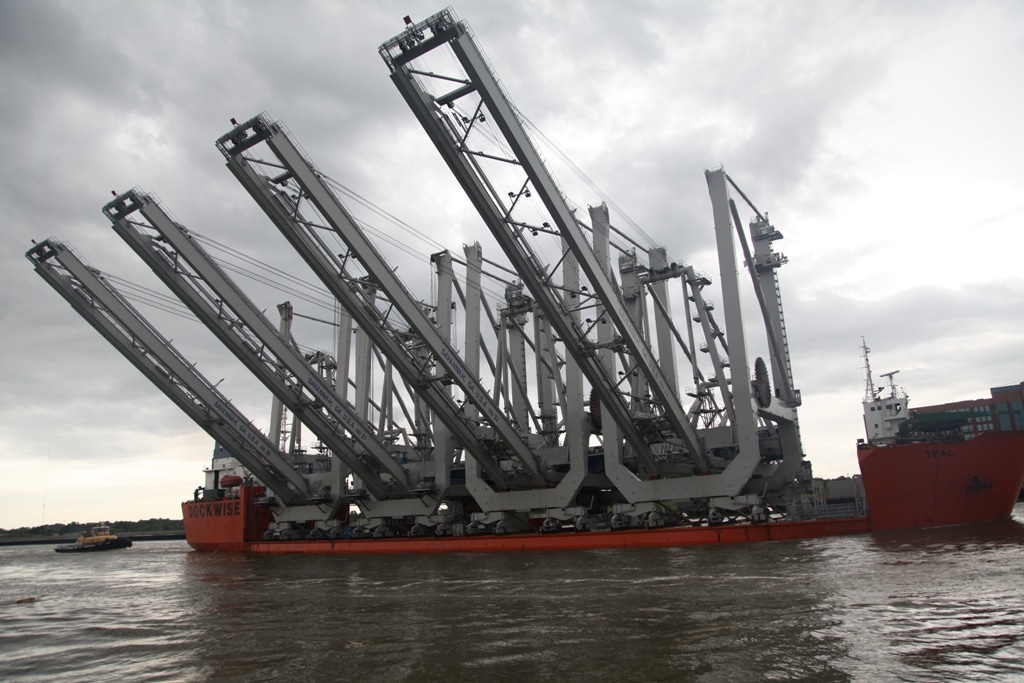Despite both House and Senate leadership declaring the long-debated disaster spending bill their top priority this month, negotiations have come to a standstill. Frustrations have mounted to the point where Senate Appropriations Chairman Richard Shelby (R-AL) said this week, “My point is, if we can’t do this, what the heck can we do on something much bigger?” The answer, unfortunately, may be…nothing. Because when the going gets tough, lawmakers apparently get petty, and split hairs and ignore everything else, to the detriment of taxpayers. The disaster bill is the latest example, but unless things change, it won’t be the last.
The proposed disaster bill is important. Helping communities prepare for, respond to, and recover from natural disasters is a federal interest. We’ve repeatedly chronicled how lawmakers should improve federal disaster policy. Our recommendations still apply. Yet lawmakers appear to have missed the memo. The current impasse is not due to a debate over how to best help communities and individuals recover in a way that leaves them better prepared for the next disaster. It’s not even a debate about whether or how to pay for the spending. Instead it’s a victim of partisan positioning and Congressional quests for parochial carveouts.
The president’s animus toward Puerto Rico and disagreement over the funding level for the U.S. territory’s hurricane recovery is the clear, but not sole, stumbling block. The bill was originally derailed in December when House Republicans added $5.7 billion in funding for a border wall. And the most recent snag is a $10 billion push to allow the Harbor Maintenance Trust Fund—which covers maintenance costs at federal ports—to pay for non-federal features at these ports (it’s like using federal highway money to pay for a driveway). The force behind this push? Mr. Shelby.

The Teal (Ship) Brings Large Cranes to Savannah Port (via Flickr Creative Commons)
The longer lawmakers and the president are wrapped around the Puerto Rico axle, the bigger and less focused on emergencies the bill gets. Subsequent versions have expanded the size and scope of the bill. It now covers not just 2018 hurricanes and wildfires, but floods and snowstorms in 2019. It waives income limits so that cherry growers, and other farm businesses, making in excess of $1 million a year can get taxpayer subsidies. And it bails out businesses that were penny-wise but pound foolish. Unsurprisingly, the price tag has expanded from $8 billion in December to $14 billion in January and now more than $17 billion.
Meanwhile most lawmakers appear to be focusing their energy on relatively narrow issues, to the point of absurdity.
Under House Rules, any proposed amendment to an emergency appropriations bill must itself be related to an emergency. But House Rules are made to be broken, at least by the House Committee on Rules. In the terms of debate adopted by the committee (what’s known as a Rule) point 14 says the House Rule requiring amendments relate to emergencies shall not apply to this bill. That’s how Members of Congress debating an emergency spending bill find themselves debating policy changes tangential to the bill. Changes like Amendment 42, a bipartisan effort to eliminate the requirement that entities match dollar for dollar any funds they receive under the Specialty Crop Research Initiative. Let’s leave aside that eliminating the match means funding for this $80 million-a-year grant program authorized by the farm bill will not go as far. Spending Floor time debating how to split the check in a USDA program aimed at such things as “combating rose rosette disease” or “developing an Eastern Broccoli Industry” hardly seems to rise to the level of an emergency. Because it’s not.
There are many extremely pressing fiscal issues facing Congress and the president. The Treasury Department has announced the government will run into the debt ceiling in the fall. There’s a $125 billion difference between the spending levels allowed this year by the Budget Control Act and what Congress spent last year, with no plan on how to pay for the difference let alone increase spending, as both chambers indicate they will. And all this while the Social Security Trustees report the Social Security Trust Fund is set to start spending more than it receives in tax revenue beginning in 2034.
But focusing on small potatoes, also a potential focus for the Specialty Crop Research Initiative, seems to be Congress’s specialty. This legislative navel gazing doesn’t bode well for bigger budget issues coming down the line. Congress and the Senate should ditch the show votes, post office re-namings, and parochial piling on to legislation. It’s time to go big in solving our fiscal challenges, or go home.










